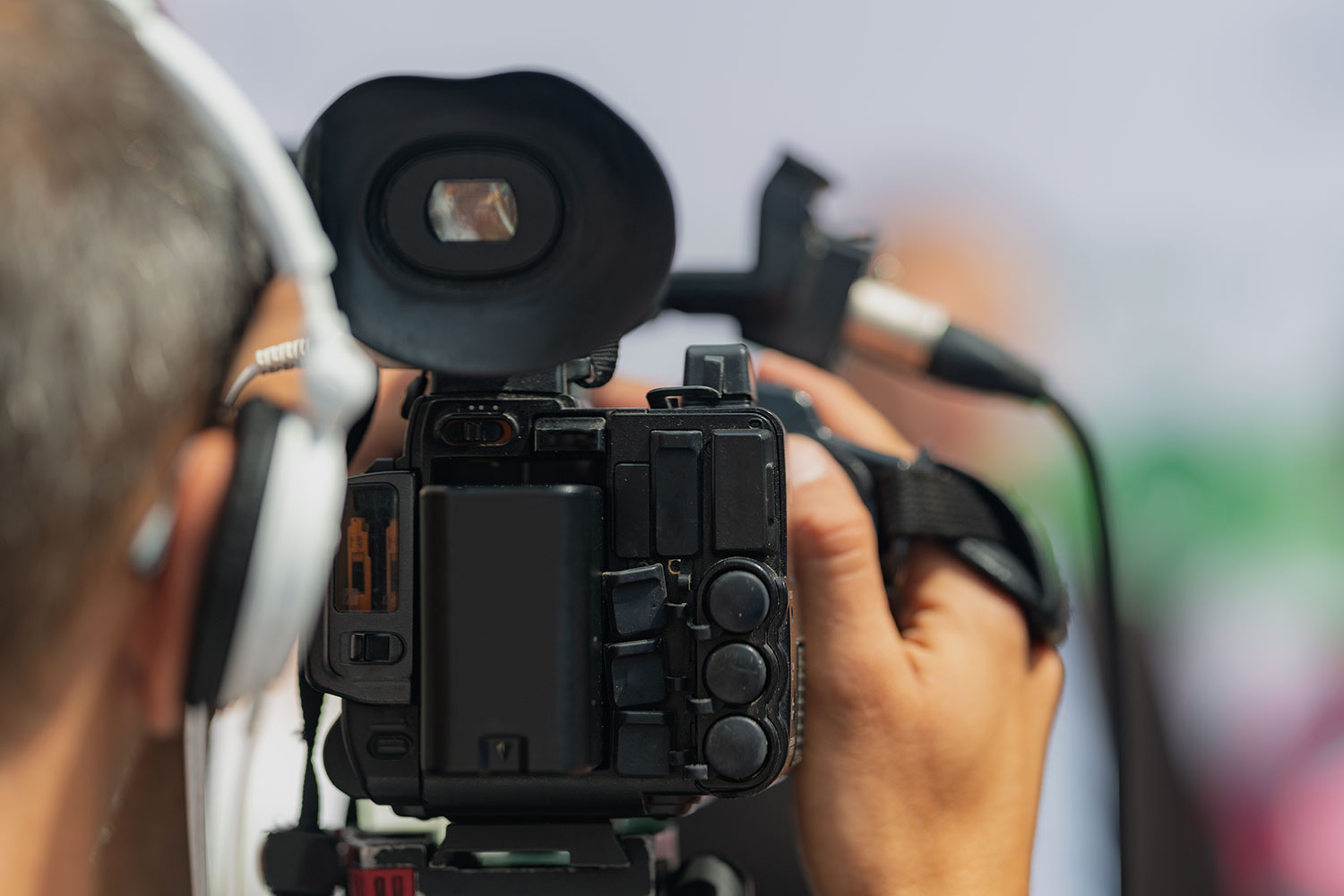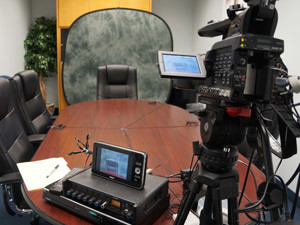The Function of Legal Videography in Depositions and Tests
Legal videography has become a necessary tool in both depositions and trials, supplying a multifaceted method to recording witness statements. By capturing not just the spoken word but likewise the subtleties of non-verbal interaction, this medium enhances the integrity of testimonies and protects important evidence for future process. As attorneys significantly recognize its value, it prompts a much deeper examination of exactly how these aesthetic documents can influence juror assumptions and test end results. What implications might these developments hold for the future of legal practice?
Relevance of Legal Videography
Legal videography plays a crucial role in the paperwork and presentation of depositions and trials. This specialized field integrates technological skills with legal understanding to produce a trustworthy document of procedures that can considerably influence case outcomes. The appearance of legal videography enhances the understanding of witness statement, enabling jurors and courts to observe not just the talked words but additionally the demeanor, emotions, and body movement of the witnesses.

The significance of legal videography expands beyond the court; it additionally plays an essential duty in preserving evidence for future referral, whether for appeals or additional legal action. Thus, its assimilation into the legal procedure is vital for guaranteeing a fair and exact representation of the facts, eventually adding to the search of justice.

Refine of Legal Videography
While catching the nuances of depositions and tests, the process of legal videography entails a number of crucial actions that make sure premium, precise recordings. At first, a professional legal videographer prepares by examining the instance materials and understanding the certain requirements of the deposition or trial. This preparation consists of acquainting themselves with the individuals and the context, which helps in catching important information.
On the day of the recording, the videographer sets up the needed equipment, which typically consists of high-def cams, microphones, and appropriate lighting. Ensuring optimum angles and audio high quality is essential, as it directly influences the performance of the recording. The videographer communicates with attorneys and individuals to establish methods, making sure that everyone comprehends the recording process.
During the deposition or test, the videographer thoroughly tape-records the process, paying attention to both spoken and non-verbal signs. legal videography. This includes capturing the temperament and responses of witnesses and attorneys. After the session ends, the videographer may modify the video footage for clarity and conformity with legal criteria, producing an end product that precisely shows the process for future referral and usage in legal contexts
Advantages in Depositions
The incorporation of videography in depositions supplies various benefits that improve the total process of you could look here collecting evidence. One main benefit is the capability to catch witness statements with aesthetic and acoustic fidelity, giving a more precise representation of the witness's behavior, tone, and body movement. This multidimensional method permits attorneys this article and juries to assess reliability better than standard written transcripts alone.
Furthermore, videographed depositions work as an effective tool for protecting testament. Should a witness ended up being inaccessible for test, their tape-recorded deposition can be played in court, making sure that their proof stays accessible and relevant. This facet dramatically minimizes the danger of losing critical details that might impact instance results.
In addition, the usage of lawful videography promotes far better preparation for attorneys. Examining video clip footage permits lawful groups to assess and refine their strategies, identifying staminas and weaknesses in their situations. This preparatory benefit can result in even more compelling discussions in court.
Finally, videography improves the general professionalism and reliability of the deposition procedure, instilling confidence in customers concerning the thoroughness of their lawful representation. By leveraging modern technology, legal professionals can considerably enhance the efficiency of depositions.
Effect on Trials
In numerous trials, the integration of videography can substantially influence the presentation of proof and the court's understanding. Lawful videography catches witness statements and important proof in a dynamic style, enabling jurors to engage with the material on several degrees. This visual element boosts the narration aspect of a test, giving context and emotional resonance that typical text-based proof might lack.
Furthermore, video clip recordings can work as powerful tools for impeachment during interrogation. When disparities arise between a witness's previous statements and their courtroom statement, video clip proof provides an objective recommendation that can persuade jurors' point of views. This immediacy and clarity can bolster the trustworthiness of an event's story while simultaneously undermining opposing disagreements.
In addition, the usage of videography can aid simplify complicated information, making it a lot more available to jurors that may battle to grasp intricate details presented solely with verbal testament. By combining visuals with acoustic info, lawful videography can boost retention and understanding, ultimately affecting the jury's decision-making process. The impact of videography in trials prolongs past mere aesthetic appeals; it plays a crucial function in forming the lawful landscape and outcomes.
Future Trends in Legal Videography
As we look toward the future of lawful videography, a number of emerging trends promise to reshape its duty within the court room. One significant pattern is the combination of fabricated intelligence (AI) in video analysis my company and modifying - legal videography. AI can enhance the procedure of recognizing crucial minutes in recorded depositions, enabling lawyers to swiftly access appropriate material, consequently boosting performance in case preparation
Additionally, the rise of virtual reality (VIRTUAL REALITY) and enhanced fact (AR) innovations is anticipated to change exactly how jurors experience proof. By immersing jurors in a substitute setting, these modern technologies can give an extra extensive understanding of intricate circumstances, causing more educated considerations.

Moreover, the boosting need for remote depositions, sped up by the COVID-19 pandemic, will likely continue. Legal videographers will certainly require to adapt to new software and systems to make sure top notch recordings in virtual settings.
Last but not least, the growing emphasis on information security will certainly require stricter protocols for saving and sharing video evidence. As the lawful landscape progresses, legal videographers must remain abreast of these patterns to preserve their significance and performance in the judicial process.

Final Thought
In recap, legal videography serves a critical function in the judicial process, improving the honesty of depositions and trials. As technology continues to progress, lawful videography is poised to more transform its function within the lawful landscape.